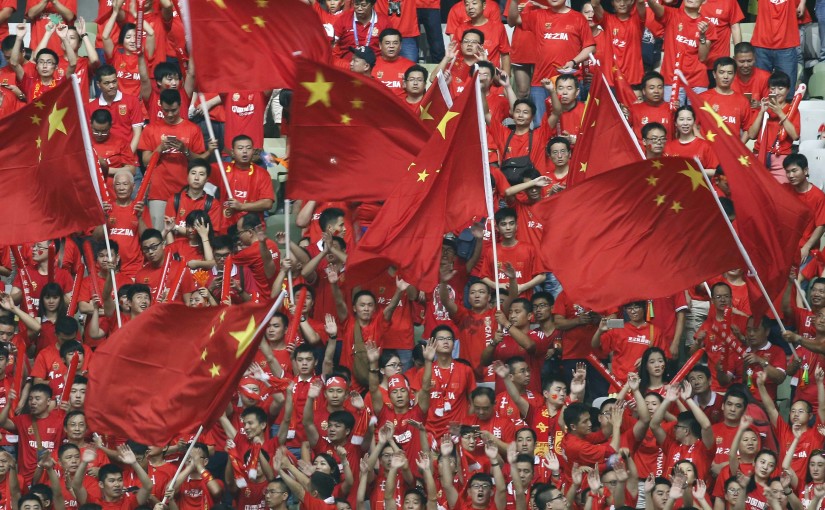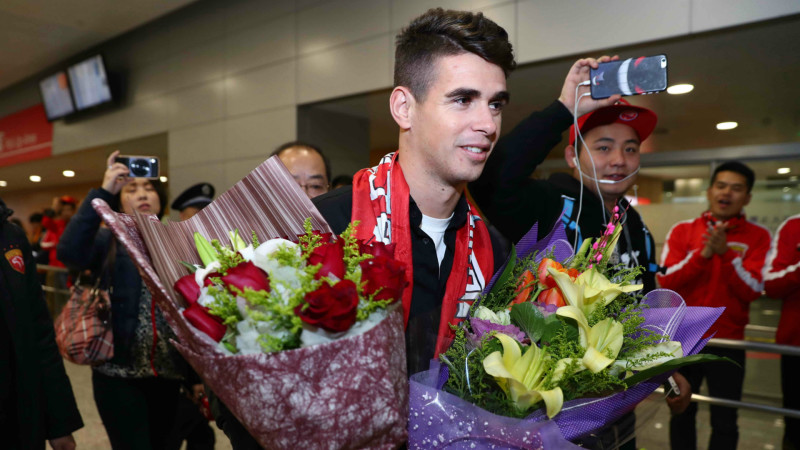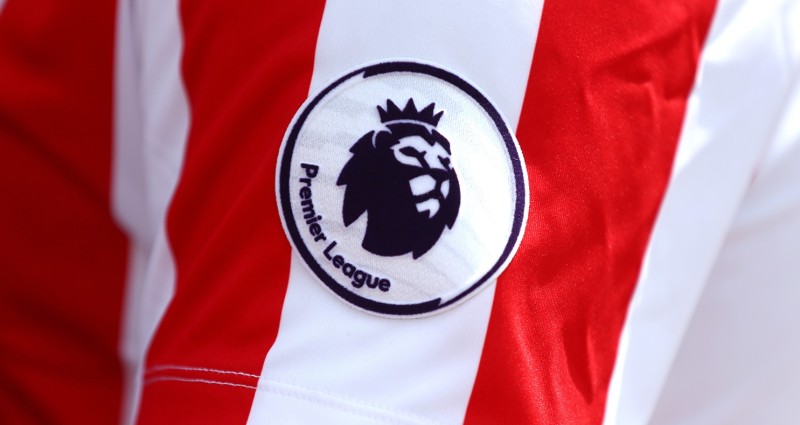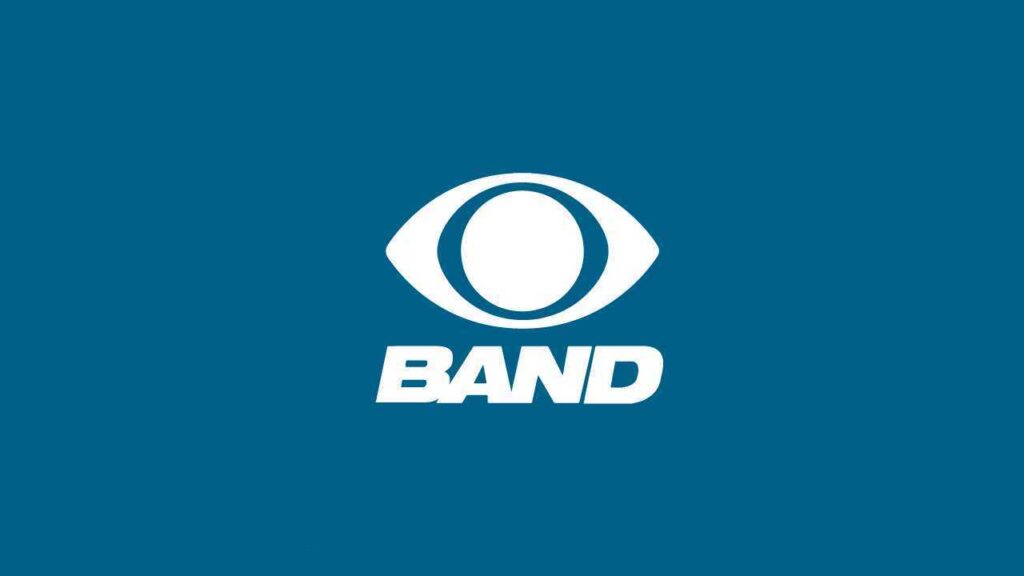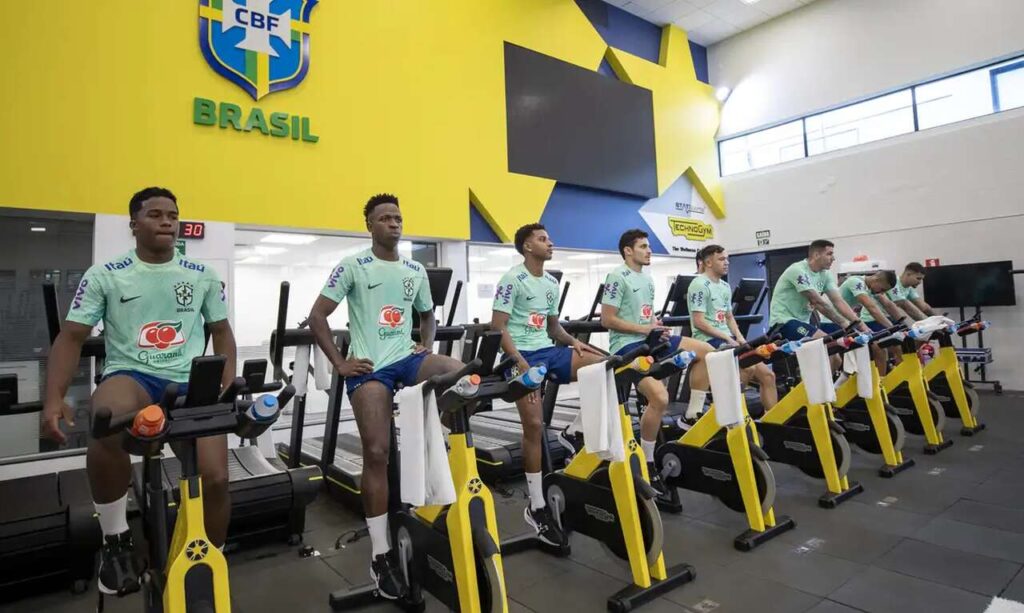China is in focus of the world’s football. With the target of becoming a potency of this sport until 2050 and attracting famous athletes with astronomical salaries, the Chinese league get stronger and terrifies teams as soon as their transferences windows opens. To have an ideia, until the end of December the Chinese teams had spent 400 millions of Euros, against 398 from last season.
It’s worth mentioning that the current window of the country only closes on February 26th. It’s estimated that until there the Chineses overcome the Spanish teams’ expenses with players. In order to understand the backstage of the Chinese sport and what motivates such investments, MKTesportivo interviewed one of the worlds references in the sporting industry and serious scholar of the sporting field in China.
Simon Chadwick, Phd in sports sponsorship, with more than 600 articles published and professor of sporting entrepreneurship of Salford University, in England, told us the details of the Chinese government’s ambitious plans and what is behind the country’s investidores in European clubs. We also talked about the trendy Premier League which, for Simon, follows the North American leagues’ model of negotiations. Lastly, the professional shared his vision on the reason why Brazilian clubs aren’t commercially so attractive to the foreign market and which path we should follow to achieve excellence.
Simon, in the past twenty years you have been the major scholar of the Chinese sporting field, keeping up with their grown in this matter since then. From 2008, when they were the host city for the Olympic Games, until 2016, could you highlight the responsible factors for putting the country in the center of the worlds football and what had transformed it in a powerful sports industry?
The single most important announcement over the last decade was made in November 2014, by President Xi Jinping. At this point, he proclaimed a vision that, by 2025, China will have created the world’s largest domestic sport economy. To drive China towards this target, Xi identified football as being an important sport. He not only wants China to stage the World Cup, but also for China to eventually win the World Cup.
Brazil is the main target for Chinese clubs seeking to enhance theirs teams with new players. For you, why the Brazilian football is the target? How to explain salaries that exceeds 40 million Euros every year, for players like Tevez and Oscar?
Brazilian football is well regarded in China, for both its successes and the style of its play. China would like to replicate both, hence the players and managers now working there are an attempt by the Chinese to learn from Brazil. At the same time, Brazilian players have already demonstrated that they are mobile, by moving to Europe. European players seem much less mobile. As for the salary and transfer fee levels, this is a statement of intent, a show of force, and a demonstration of affluence by the Chinese.
If before it was considered a sassy plan, becoming a potency in football until 2050 could now be considered reality? Beyond the companies, the Chinese government has been investing in this field development?
Central Chinese government hasn’t really been investing in football. Investment has been coming from provincial government, from companies and from overseas organisations. The way China works is that the state issues a decree, and others in China work to ensure that appropriate actions are taken. One benchmark for China is Japan, a country which in less than 20 years has managed to develop its football and win a World Cup (its women, in 2011). As for the 2050 target, I think this is relatively modest. Whilst I think that winning the World Cup is a massive challenge, China’s resources and intent should mean that the country’s national football team dramatically improves.
In England, Aston Villa, West Bromwich Albion e Wolverhampton Wanders are examples of teams which the capitals are held by the Chineses. What is these investidors’ main purpose of acquiring a team? The same applies to Wanda (Atleti), Suning (Inter) and Alibaba.
They want to be seen publicly to be supporting the Chinese president’s vision. They want to take advantage of commercial opportunities overseas. They want to learn more about how to operate in the football industry. They want to create connections with key decision makers in order to help them win commercial contracts, many of which are often unrelated to football.
The Premier League has recently announced that their clubs will be able to negotiate sponsorships for sleeve. Known as the most powerful league of the world, with media groups investing record numbers for the transmission rights and clubs dealing sponsorships by category in strategic countries, open a new spot on the jersey shows a difficulty of handling with the players’ high salaries?
The Premier League has always followed a US model of sport; that is, it has sought to commercialise its properties in order to create new revenue streams. At one level, this is counter productive, because it signals to players and their agents that EPL clubs have more money and are therefore likely to be able to pay more in terms of transfer fees and salaries. However, at another level the beneficial effect is that such revenue streams: a) help EPL clubs to comply with UEFA Financial Fair Play regulations; and b) enables clubs to sign the world’s best players, thereby strengthening the EPL’s brand proposition of being the best league in the world. What is crucial always is that such developments are carefully managed, something which the EPL has generally been very good at doing.
Brazil has held two of the biggest sporting events of the world, the World Cup and the Olympic Games. Since its announcement, new structures were built and a lot has been said about the legacy it would leave. Why does these huge events always become synonymous with corruption?
In essence, I think sport has a governance problem. Most sports and the events associated with them originated at a time when there was considerably less money in sport, Hence, governing a sport was a relatively less challenging practice than it is now. As money has flowed into sport, from across the world, sport’s governance practices haven’t kept pace and are therefore arguably unfit for purpose. There is too little transparency and openness in sport, plus the procedures for monitoring and controlling corrupt practices are insufficiently well developed. Hence sport has become something of an easy environment in which unscrupulous individuals have been able to go about their business.
Differently than Man United, Barcelona and Bayern, the Brazilian clubs aren’t recognized in a global scope. There are several factors: fans base focused exclusively in the country, limited range of sponsorships, low attractive championships for foreign media groups, a calendar that makes impossible the participation on the pre-season and many others. For you, today, how could a Brazilian club make their brand international if the acting is limited to their continent and/or country?
Countries, leagues and their clubs must want to commercialise and then set out to do so. The Premier League and its clubs have actively sought to market themselves and build their businesses overseas. This requires a predisposition towards commercialisation and then a culture and associated decision making that enables this to happen. These are probably the main reasons why Brazil and its clubs are not a more prominent commercial force in global football. Brazilian football as a brand proposition is immensely compelling; people’s preconception of a highly skilled players playing a fast-paced game. This is a strategic asset that Brazil and its football authorities should seek to capitalise on.
Lastly, in the vision of a foreign professional, which is a positive and a negative particularity highlighted about the Brazilian sports industry? Do we have any distinguishing feature in any aspect which should be better explored?
The perception of the outside world is that Brazilian sport is skilful and athletic but badly organised and managed. Furthermore, most people probably see football rather than basketball or volleyball when they look at Brazil. A big responsibility rests on the shoulders of Brazilian sports’ administrators and managers – they need to develop and accentuate a Brazilian sport brand proposition that is based upon its established strengths; they need to be more commercially savvy and outward looking; and they need to look beyond just football as a platform upon which to project Brand Brazil and its characteristics.


